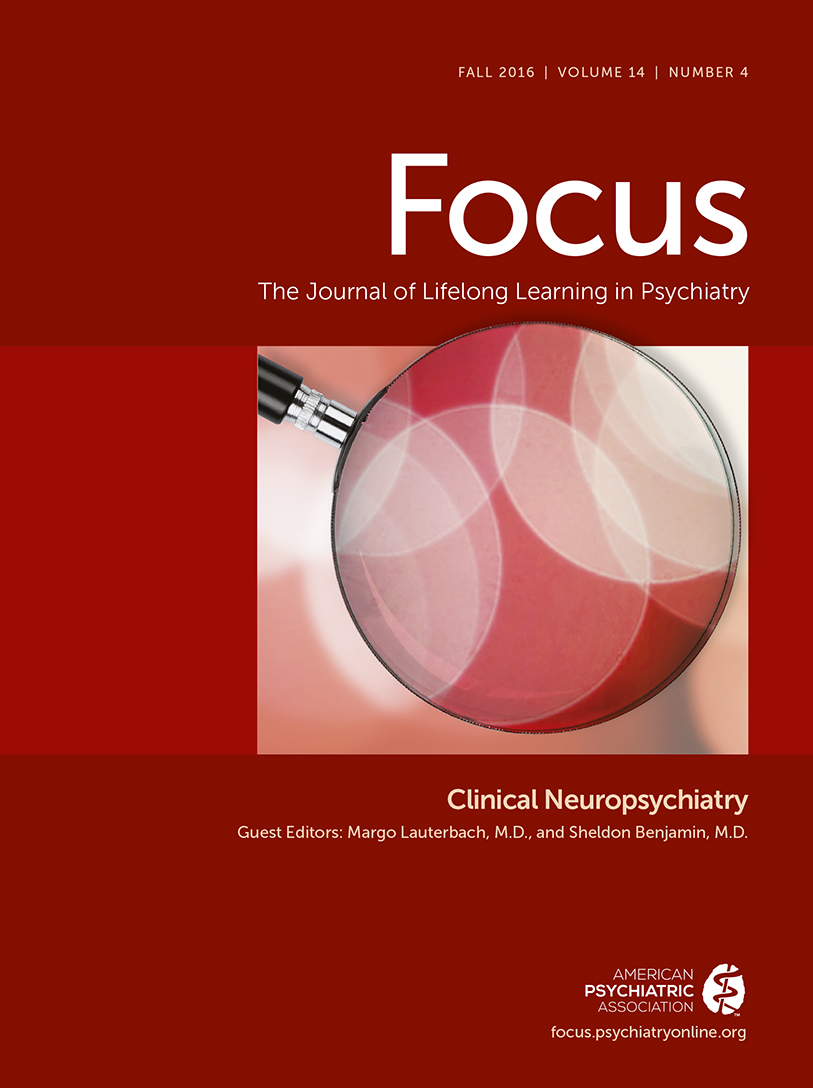Anti-NMDA Receptor Encephalitis, Autoimmunity, and Psychosis
Abstract
Anti-N-methyl-d-aspartate receptor (NMDAR) encephalitis is a recently-discovered synaptic autoimmune disorder in which auto-antibodies target NMDARs in the brain, leading to their removal from the synapse. Patients manifest with prominent psychiatric symptoms – and in particular psychosis – early in the disease course. This presentation converges with long-standing evidence on multiple fronts supporting the glutamatergic model of schizophrenia. We review mechanisms underlying disease in anti-NMDAR encephalitis, and discuss its role in furthering our understanding of neural circuit dysfunction in schizophrenia.
(Reprinted with permission from Schizophrenia Research 2013; 176:36–40)



